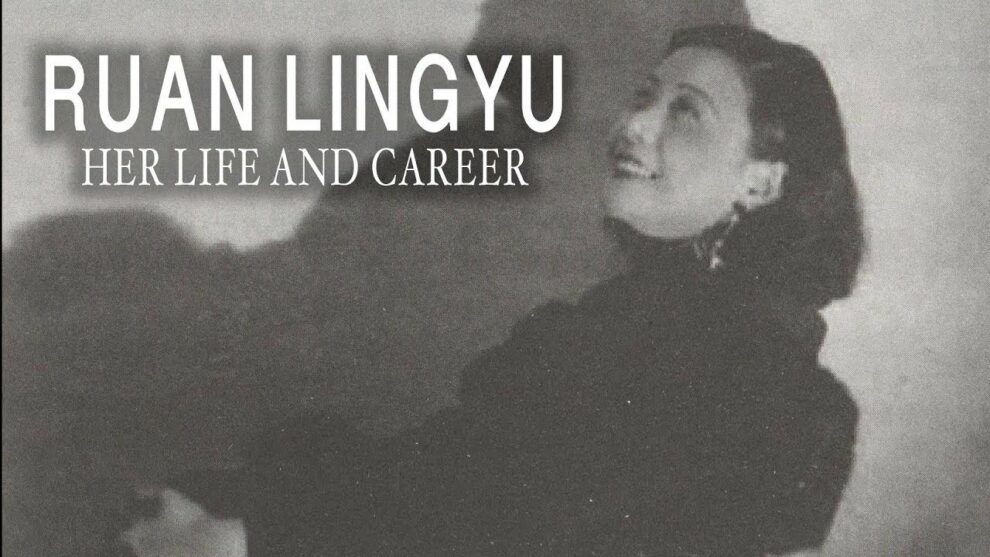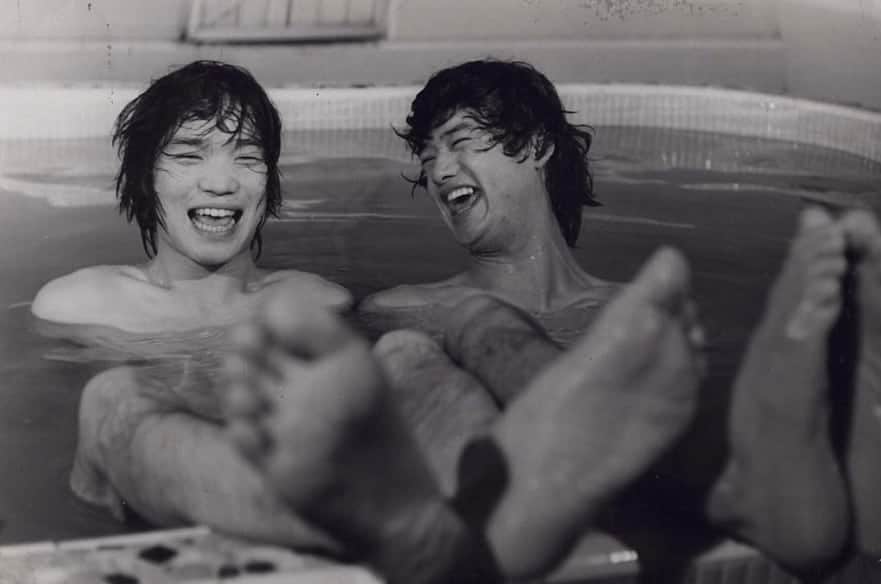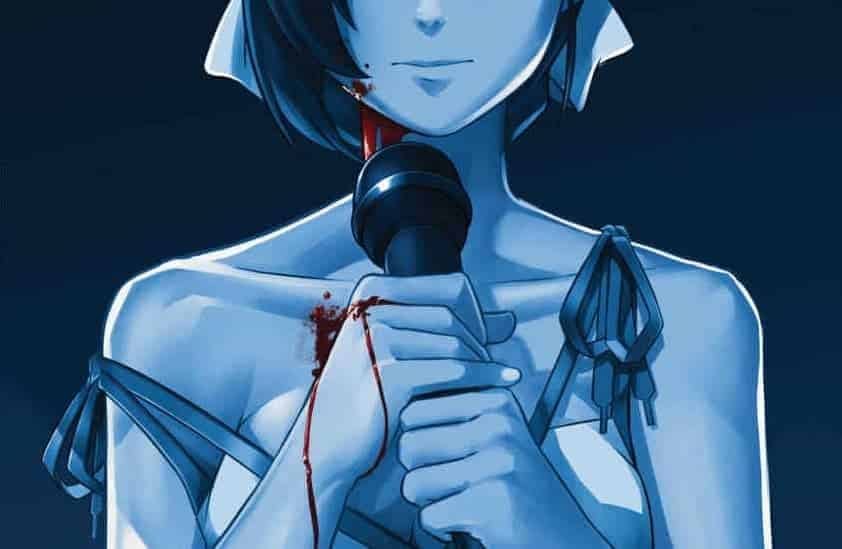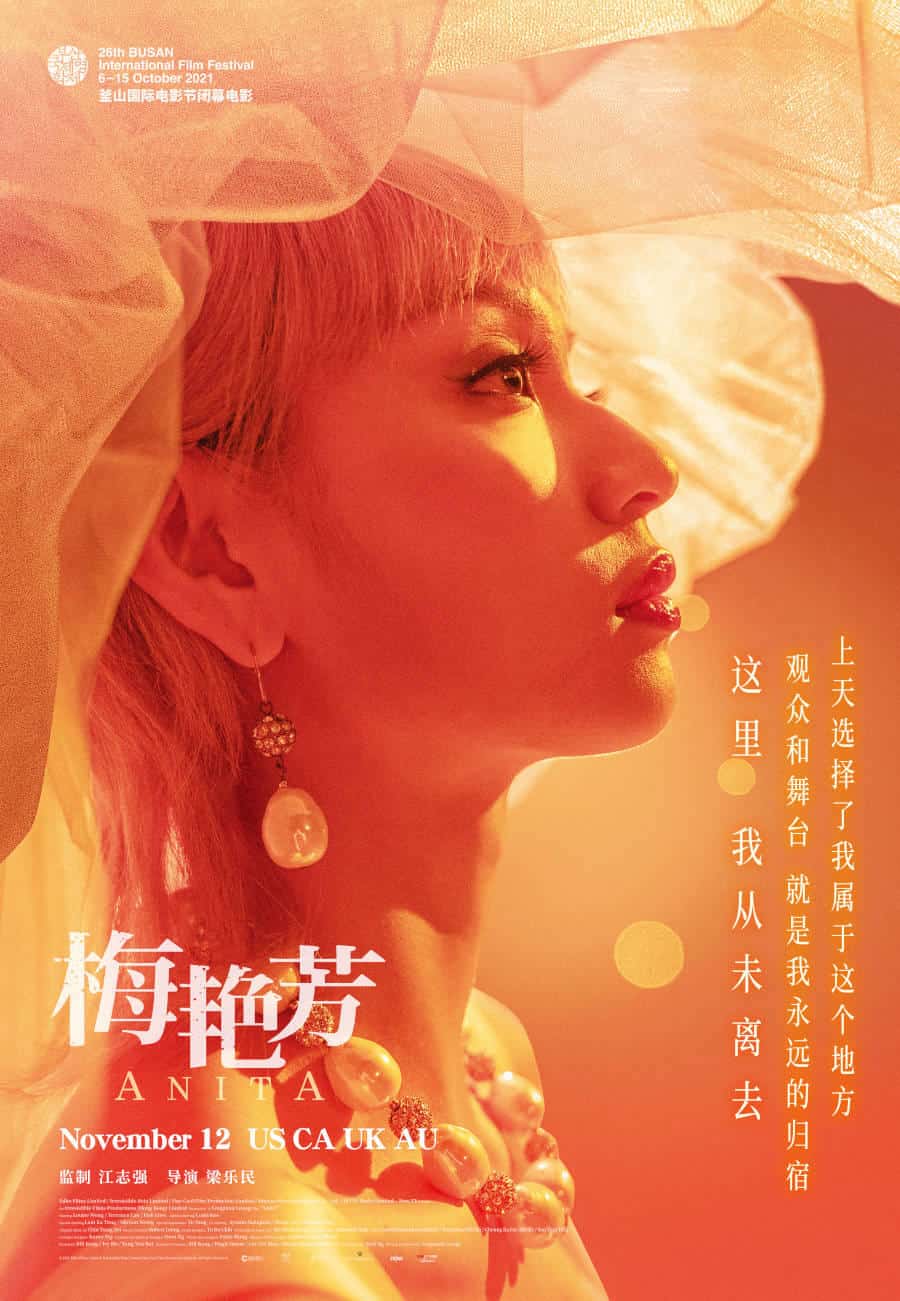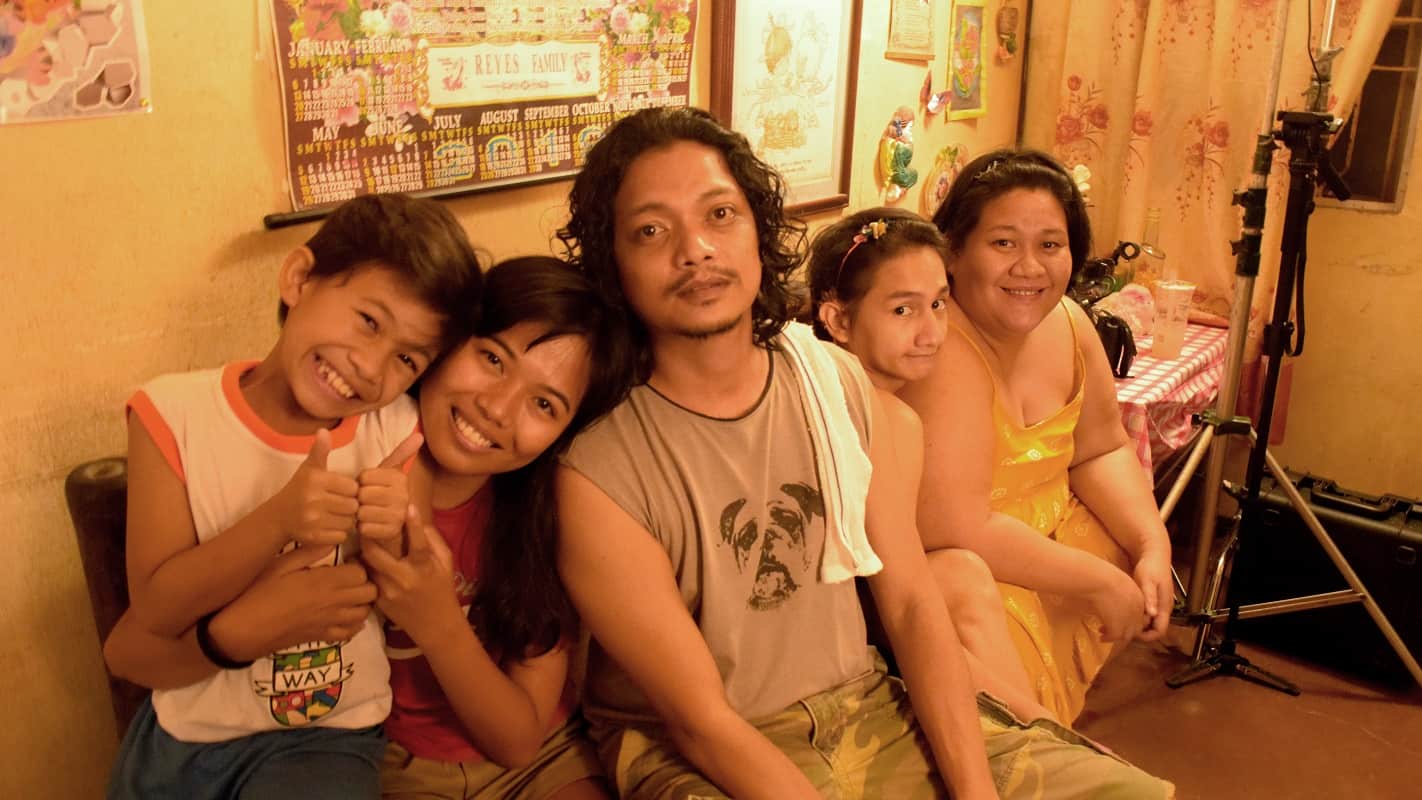For the people of my generation (I am 42 btw) Ruan Lingyu will be mostly known as the focus of Stanley Kwan's masterpiece, “Center Stage”. Patrick Galvan, however, although starting from the same point, delved intently in the life and career of the silent movies star, coming up with a book that presents both, as much the history of China and the Shanghai movie industry in the 20th century, in one of the most entertaining film history books ever to fall in my hands.
The presentation of her life, which obviously is worthy of a movie itself, begins with Ruan Fenggen's (the name she was born with) childhood in intense poverty, with her father dying when she was young and her mother bringing her up by working as a housemaid. It was this job of hers that led her daughter to meet Zhang Damin, whose family her mother worked for, which was her first love and first marriage. As we see throughout the book though, this meeting was actually the cross the actress carried for her whole life, as his gambling habits and overall spoiled behavior placed a rather heavy burden on her, both financially and economically, to the point of becoming one of the main reasons of her suicide at the young age of 24. Apart from her history with him and Tang Jishan, the second man he lived with and who eventually proved an almost equal letch, the book mostly deals with her life as an actress, all the while portraying the overall situation of the local industry through the years. In that regard, the impact of the sociopolitical events, including the constant feud between the Kuomintang and the Communists had on it, are also showcased, as much as the impact they had on all aspects of society.
The juxtaposition of the three axes, along with the key members that shaped the industry and Ruan's life results in a very appealing story, that has very little to be jealous of any kind of movie script, with Galvan's pen artfully passing through the events in a way that is both informative and entertaining. Apart from the prowess presented by the eloquent simplicity of his writing, the magnitude of his research is also highlighted by the amount of detail regarding all the aforementioned aspects, as much as the aftermath and legacy of the actress, which take up the last two chapters of the book. Particularly the details of how censorship and the Press functioned through the years and how they shaped the industry, is a rather interesting story, all by itself.
Check also this interview
Also impressive is the fact that the book contains info on all of her 30 films, including the 21 believed to be lost. The fact the author has not seen them may be the reason that the majority of them are not presented through intense analysis, but mainly through their impact and behind the scenes information, in an aspect that actually benefits the readability of the book. The reason for this is that extensive analysis, frequently accompanying academic cinema history books, tends to be the most tedious part, especially if it refers to movies the reader has not watched. However, this is not to say that the book is stripped of critique, since her two most famous works, “Spring Dream in the Old Capital” and “Wild Flower” are thoroughly analyzed. Even here, though, the focus is as much on the aforementioned elements as on the analysis, which again, works quite well for the readability of the book.
The same applies to the relatively short chapters throughout the edition, while the adequate number of photos provide a very welcome break, even if their resolution (expectedly considering the timeline of the particular history) is not of the best quality for the most part. The relevant notes (not the ones simply referencing sources) are once more not conveniently in the same page, but at least they are not on the very end of the book as usual, but at the end of each chapter, which somewhat dulls the break of reading to check them.
“Ruan Lingyu Her Life and Career” is one of those rare academic books that are not solely intended to be read by other academics as the story presented, along with the language implemented and the overall approach to the cinema of the era is as informative as it is easy to read.


